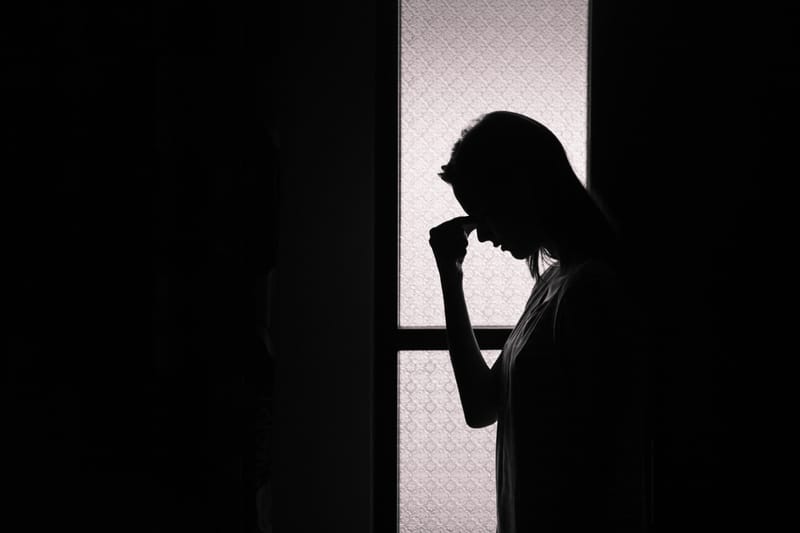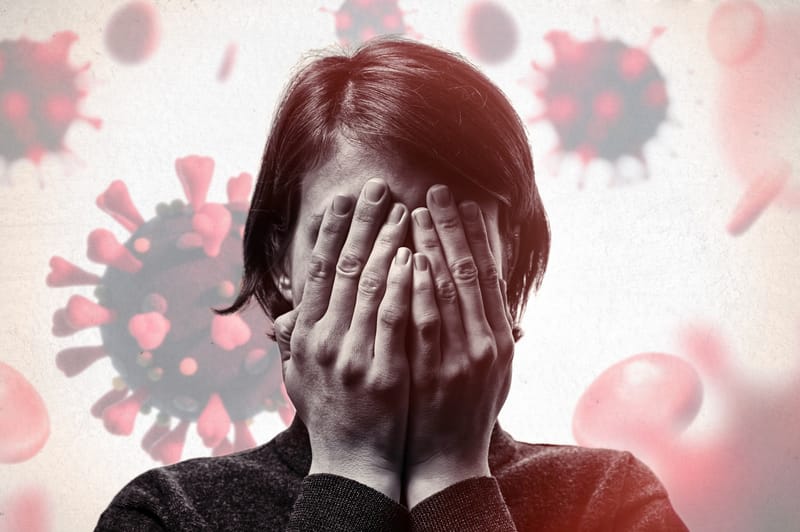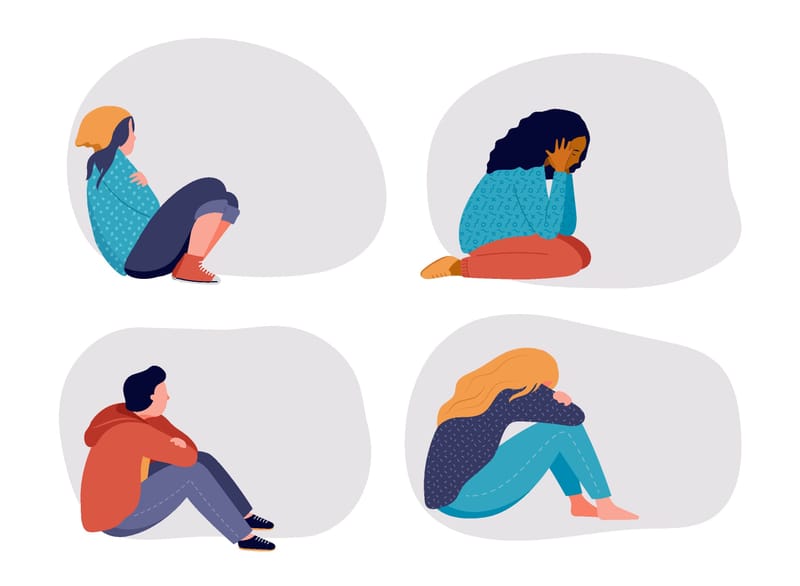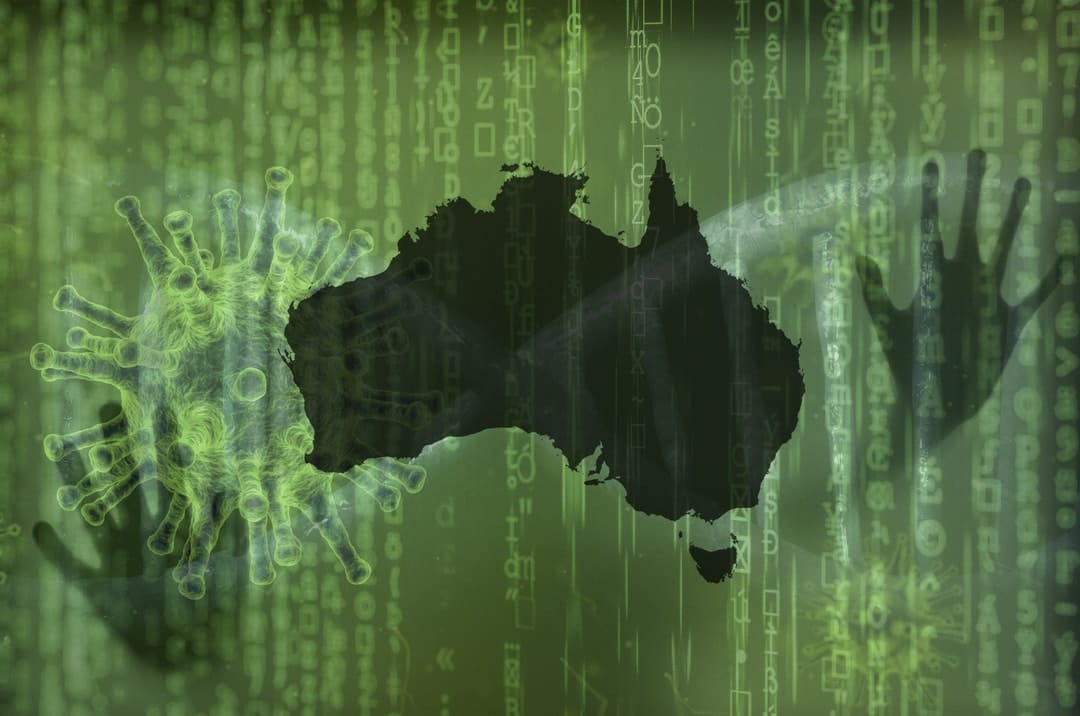
In this time of COVID-19, people are separated from loved ones with limitations and restrictions on overseas, interstate and even local travel. Across the world, people are encouraged to stay indoors and self-isolate.
Even if grandparents, parents or children are living next door or down the road, we're instructed not to see them as we attempt to contain the spread of COVID-19. For the first time in more than a century, people around the world are collectively experiencing separation.
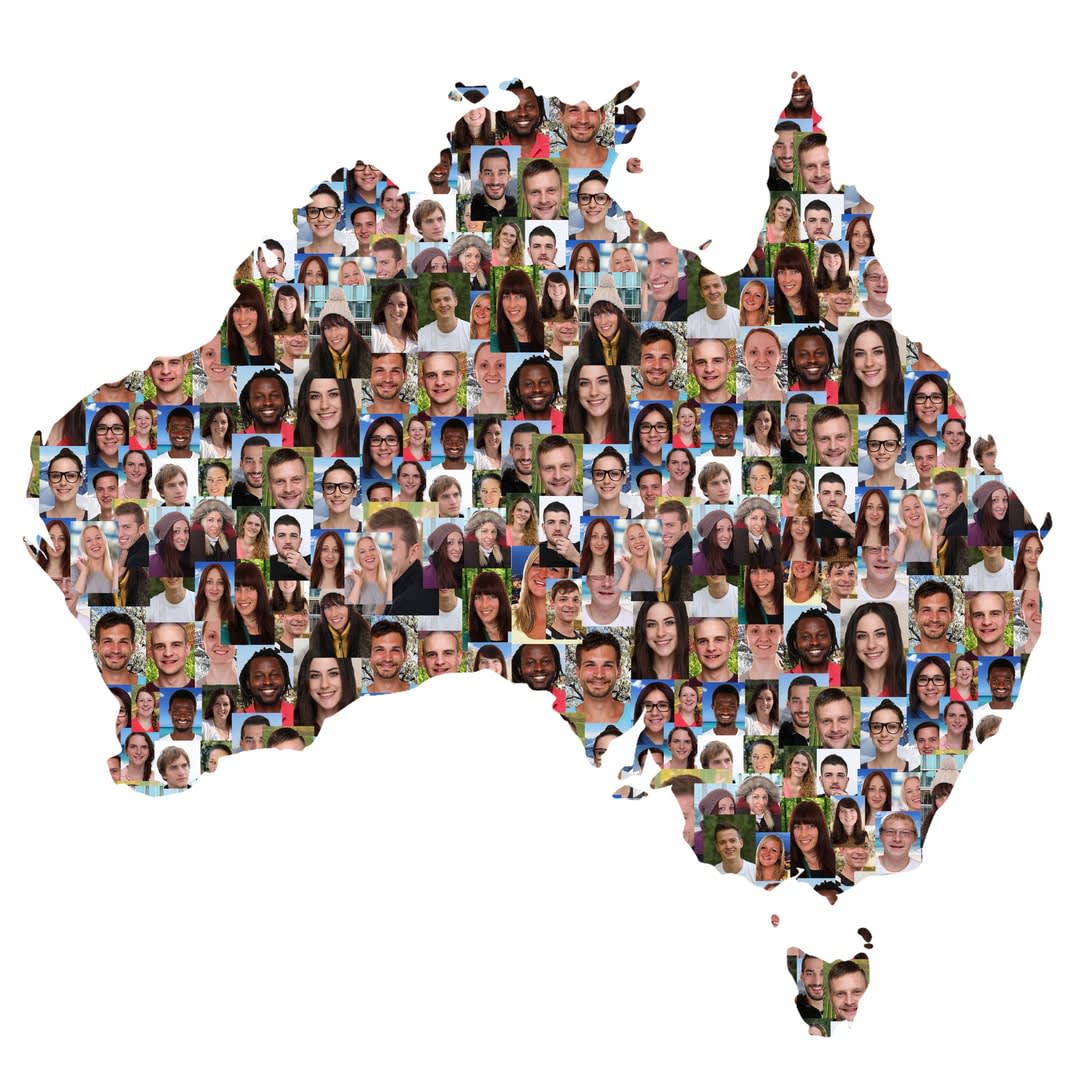
The quote above is taken from an interview with Adonay, originally from Eritrea. Adonay was a participant in a recent project supported by the Oxfam-Monash Partnership, 'The social impact of family separation on refugee settlement and inclusion in Australia'.
When we interviewed him in 2019, Adonay had been separated from his family for more than 10 years, since the beginning of his migration journey.
He left behind his wife and two children, his parents and other extended family members. He travelled by boat to Australia via Sudan and Indonesia. After his boat was intercepted by the Australian Navy, he was transferred to the Christmas Island Immigration Detention Centre.
Adonay is now living in Australia on a Safe Haven Enterprise Visa (SHEV). He's recently transferred to this visa after being issued with an initial three-year Temporary Protection Visa (TPV) on entry to Australia in 2015.
SHEV holders meet Australia’s protection obligations, but must reside in a regional area of their choosing from a postcode list provided by Home Affairs, to engage in study or work for a period of up to five years to make them eligible to apply for permanent residency. Adonay plans to apply for permanent residency, and if successful will then be able to start a process of applying to sponsor his wife and children to come to Australia.
Adonay is not alone in this experience
Adonay is one of a number of humanitarian visa holders, including Refugee category visas (subclass 200, 201, 203, 204), Special Humanitarian Program (SHP) visas (subclass 202), and Permanent Protection Visas (subclass 866) who are familiar with the experience of family separation, and the barriers to reunification in Australia.
Our study examined the relationship between family reunion and successful settlement for refugees, and identified a number of barriers to it, and the impacts of family separation on individuals and their families.
1. The Australian visa system for humanitarian migrants is highly regulated and costly
Visa processing fees, medical tests and airfares are significant costs associated with family reunion, particularly for those seeking to sponsor relatives. Providing documentation and other evidentiary requirements is often a burden and challenging, and for some impossible to collate. Visa options are limited for relatives who are not part of the sponsor’s immediate family including adult children, siblings, aunts, uncles, cousins, and grandparents – even if relatives are eligible for a visa and are at immediate risk. As experienced by Adonay, prolonged waiting periods for visa processing is the norm.
2. Accessing settlement and other visa support services following arrival to assist with applications for family reunion is limited
These can also be costly. Asylum seekers who arrived by boat after August 2012 experience particular difficulties to family reunification, and are not eligible to propose the resettlement of any family members. For those who arrived before August 2012, their applications for family visas are given the lowest priority, and chances of receiving them are further reduced by the limited quota of visas available that do not come close to meeting the demand.
3. Counting the costs of separation
It's known that family separation has a number of negative effects on settlement success, including on the mental health of individuals, some of whom may suffer ongoing trauma and anxiety with prolonged uncertainty of when they may be reunited with their family. Our analysis found that humanitarian migrants experiencing family separation and waiting for family overseas to join them in Australia reported a higher probability of mental illness and post-traumatic stress disorder (PTSD).
Economic and social participation in local communities can be impacted by family separation, and female migrants in particular are vulnerable to these impacts. Women humanitarian migrants are more likely to be single parents, unemployed and experiencing financial hardship.
Coronavirus complications
More recent barriers and impacts have arisen with the coronavirus global pandemic. UNHCR and IOM have suspended their resettlement departure for refugees.
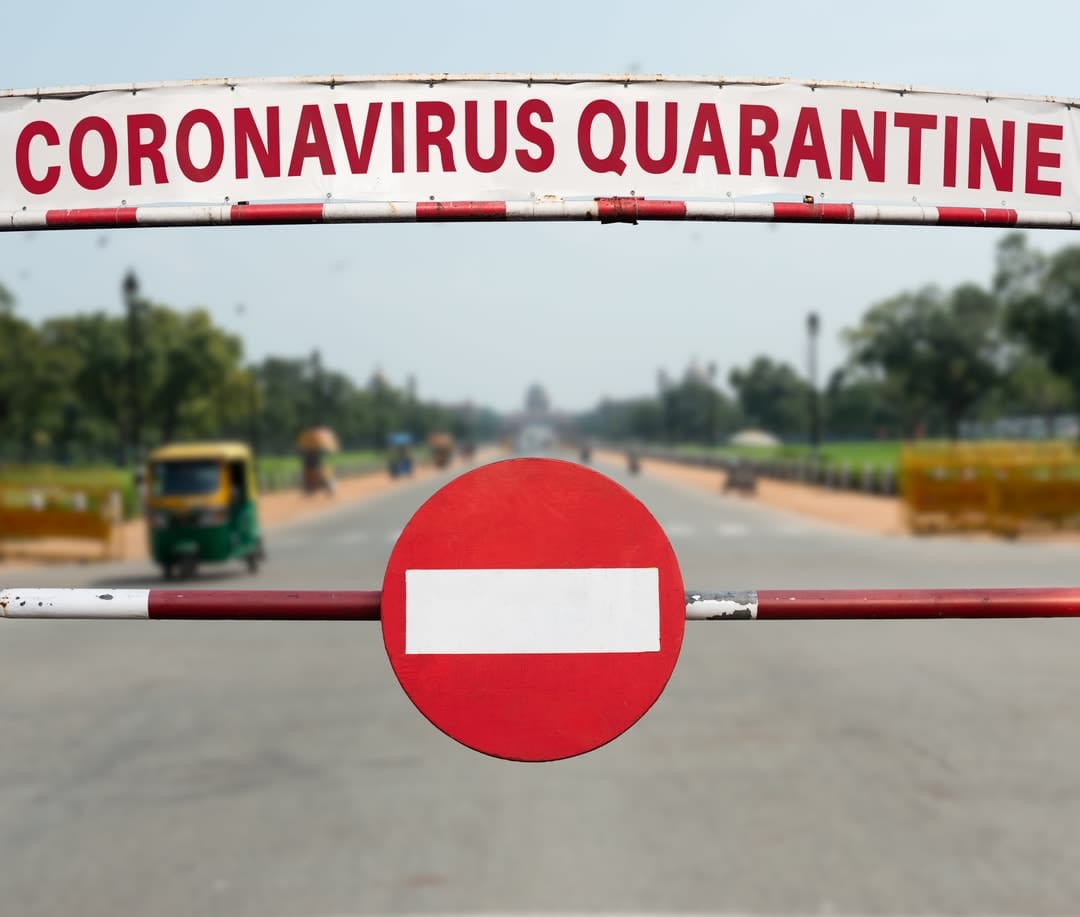
For permanent humanitarian visa holders, increasingly unaffordable and limited flights will restrict family reunion both within and outside Australia now that borders have closed around the world.
Like many other temporary visa holders, SHEV holders cannot travel, and many now don't have jobs. They're excluded from the government’s Jobseeker program, causing additional economic, social and mental health stress in their lives.
Although these are uncertain times, we may all take some comfort in knowing that this crisis will pass. When this time comes, many of us will reunite with our families and loved ones.
We'll be able to visit them, hug them, share meals, and reflect on how we managed to navigate this time of isolation and separation. We cannot forget those to whom we owe a duty of care – humanitarian visa holders.
On the other side of COVID-19, we must be ready to assist and support these vulnerable members of our community to continue to give them hope for family reunification through curated employment assistance schemes, housing, mental health and wellbeing support, and increased accessibility to support services that are affordable and can assist with family reunification processes.
* The name of Adonay was been changed for anonymity reasons.



